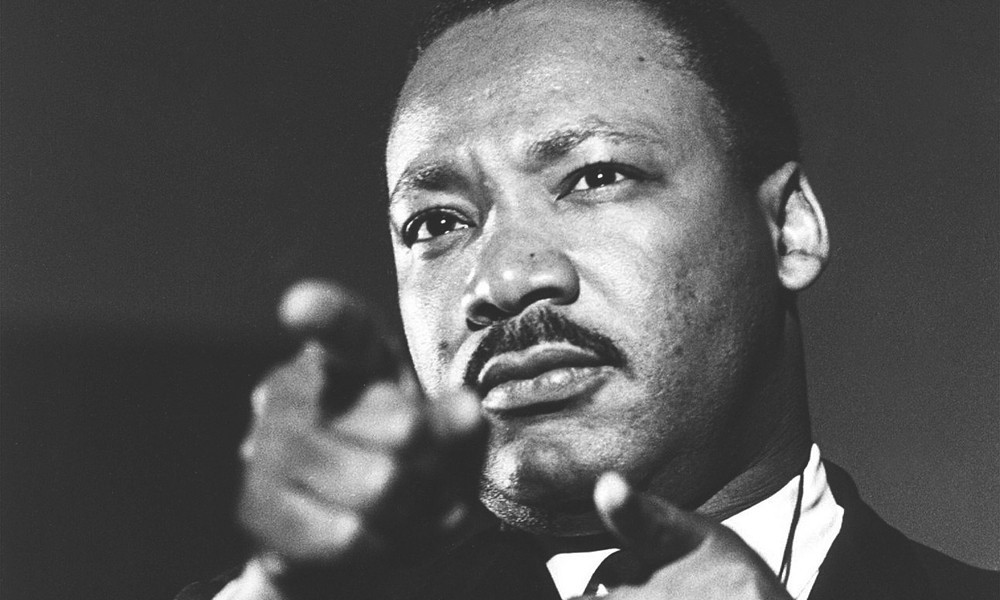The evolution of change
Black History Month speaker series aims spotlight on Africville and Ferguson
University of Denver’s professor Alan Gilbert will take part in the University of Winnipeg department of history’s Bonnycastle Lecture Series next week.
The Black History Month Celebration lecture focuses on the events of Africville and Ferguson through the lens of race, gender, class, and genocide. In the lecture, Gilbert - the John Evans Professor at the Josef Korbel School of International Studies at U of D - plans to examine how these issues have progressed since the events.
Between 1964 and 1967, the largely black Nova Scotian town of Africville was evicted of all residents. The town and all its dwellings were ordered destroyed by government to prepare for the opening of the A. Murray MacKay Bridge.
Last year, protests followed an Aug. 9 police shooting which resulted in the death of Michael Brown, an 18-year-old African-American resident of Ferguson,
Missouri. The police officer in question, Darren Wilson, was not indicted on murder charges. Even decades apart, these events stand out as scarring examples of institutional racism.
Gilbert is a political theorist and poet. He also authored a report on the Wounded Knee Massacre for the U of D. The massacre, an incident that resulted in the death of over 200 people in South Dakota in 1890, will also be discussed.
Previous speakers have included Clayborne Carson, curator of Martin Luther King’s books at Stanford University, and Dr. Vincent Harding, speech writer for King and the chief academic adviser on the PBS documentary, Eyes on the Prize.
The contemporary meaning of Black History Month
Eliakim Sibanda is associate professor and chair of History at the U of W since 2003. He studied under Gilbert at the U of D on his second PhD. Sibanda insists that the traditional definition of Black History Month is outdated.
“It refers to any form of marginality,” Sibanda says. “The way Black History Month is understood now is not necessarily referring to one given group, but as an experience that represents this marginality that is moving toward the mainstream as a catalyst of change and transformation.”
The lecture series will also address the subject of gender within the context of Black History Month.
Sibanda believes a possible solution would be the placement of those in marginalized situations into positions of institutional power.
“I think of the issue of women is still by and large in Western countries a very big one,” Sibanda says. “In terms of gender, South America has the largest number of women in positions of power, and following that would be Africa.”
The subject of the lecture is a timely one, given the recent Maclean’s article, “Welcome to Winnipeg: Where Canada’s racism problem is at its worst” by Nancy MacDonald, which labels the city as the most racist in Canada. Sibanda feels many Winnipeggers are well-intentioned, but the issue of racism has never been properly addressed.
“Our institutions are still representing the dominant population,” Sibanda says. “When you really talk of integration, it should predicated on issues of economic structural change. The Globe and Mail said the same thing as Maclean’s 11 years earlier.”
Published in Volume 69, Number 19 of The Uniter (February 4, 2015)







